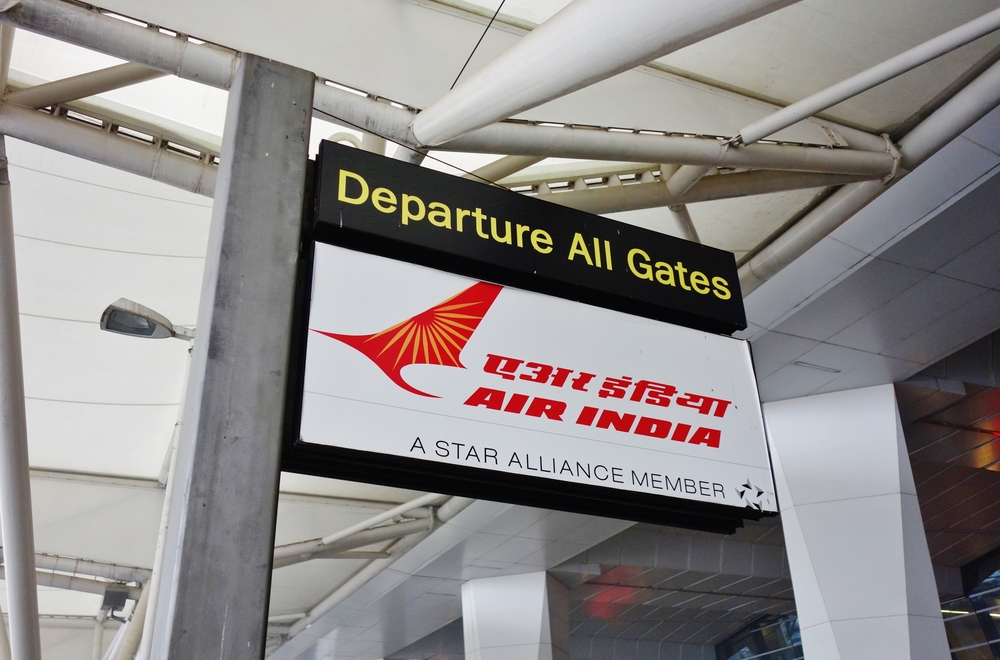Normal air traffic operations between India and Pakistan resumed Tuesday with Islamabad opening its airspace for all civilian flights, nearly four-and-half months after shutting it down following the Balakot air strikes, government sources told PTI.
Pakistan's Civil Aviation Authority issued a notice to airmen (NOTAM) at 12.41 am (IST), stating that the country's airspace has been opened with immediate effect for all types of civil traffic on 'published ATS (air traffic service) routes'.
Following Pakistan's move, India also issued a 'revised NOTAM', announcing that normal air traffic operations have resumed between the two countries.
'Consequent to Pakistan issuing NOTAM to lift all airspace restrictions, relevant authorities have informed that India has also issued revised NOTAM immediately thereafter. With this, normal air traffic operations have resumed through all Flight Information Regions between India and Pakistan,' a government source said.
The move is expected to give major relief to Air India, which suffered a financial loss of around Rs 491 crore as it had to re-route various international flights due to the closure of Pakistan airspace.
'Pakistan has permitted all airlines to fly through its airspace from around 12.41 am today. Indian airline operators will start using normal routes through Pakistan airspace soon,' the sources said.
Pakistan fully closed its airspace on February 26 after the Indian Air Force (IAF) struck a Jaish-e-Mohammed (JeM) terrorist training camp in Balakot in retaliation for the Pulwama attack on February 14. The neighbouring country only opened two of 11 routes after that, both passing through the southern region.
On its part, the IAF announced on May 31 that all temporary restrictions imposed on Indian airspace post the Balakot strike had been removed. However, this did not benefit most commercial airliners and they were waiting for Pakistan to fully open its airspace.
While the national carrier lost Rs 491 crore till July 2 due to the closure of the Pakistan airspace, private airlines SpiceJet, IndiGo and GoAir lost Rs 30.73 crore, Rs 25.1 crore and Rs 2.1 crore, respectively, according to data presented by Civil Aviation Minister Hardeep Singh Puri in the Rajya Sabha on July 3.
Following the air strike, Air India had to re-route, merge or suspend many of its international flights that connect India with European and US cities.
IndiGo, India's largest airline by domestic market share, was unable to start direct flights from Delhi to Istanbul due to the closure of the Pakistan airspace.
The low-cost carrier started flying the Delhi-Istanbul route in March. It had to take the longer route over the Arabian Sea and make a stop at Doha in Qatar for refuelling.
Pakistan Aviation Secretary Shahrukh Nusrat had earlier informed a parliamentary panel that Pakistan would not move the ban until India removed its jets from forward bases.











